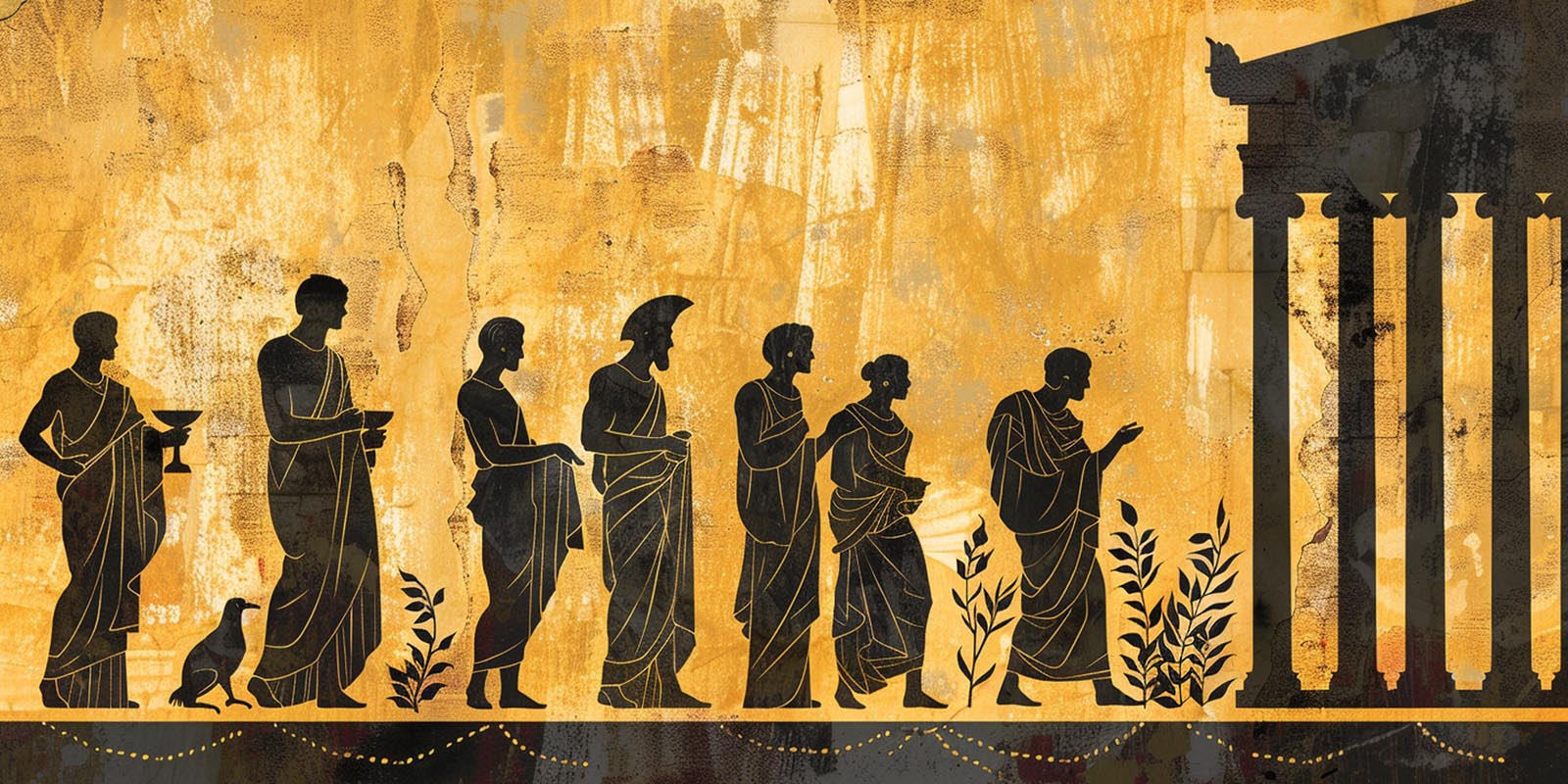

Ancient Greek governance laid the foundations for modern political systems, showcasing a variety of approaches to statecraft, from democracy to oligarchy. Here are some key aspects of Ancient Greek governance:
Forms of Government:
Athenian Democracy (circa 508-322 BCE):
Direct Democracy: Athenian democracy was characterized by direct participation of citizens in legislative and judicial functions, with institutions such as the Assembly (Ekklesia) and the Council of 500 (Boule).
Pericles: The statesman Pericles significantly advanced Athenian democracy, promoting the arts, philosophy, and the construction of the Parthenon.
Citizen Participation: Only free male citizens could participate in the democratic process, excluding women, slaves, and foreigners.
Spartan Oligarchy:
Dual Kingship: Sparta was unique with its dual kingship system, where two hereditary kings from different families ruled concurrently, supported by a council of elders (Gerousia) and overseers (Ephors).
Militaristic Society: The Spartan system emphasized military training and austere living, with boys entering military training at a young age.
Helot System: Sparta's economy relied on the labor of the helots, a subjugated population primarily from Messenia, who were tied to the land.
Other City-States:
Corinth: Corinth experienced various forms of government, including monarchy, oligarchy, and tyranny, reflecting the city-state's commercial and strategic significance.
Thebes: Thebes, known for its military prowess, also had a complex political history, including periods of democratic rule and leadership under strong military figures like Epaminondas.
Political Institutions:
Council of 500 (Boule): In Athens, this council prepared legislation for the Assembly and managed daily government operations.
The Assembly (Ekklesia): The primary legislative body in Athens, where citizens could vote on laws and policies directly.
Magistrates: Various magistrates (archons) were responsible for specific administrative, judicial, and religious duties.
Philosophical Contributions:
Socrates: Socratic questioning challenged citizens to think critically about governance, ethics, and their role in society.
Plato: Plato's works, particularly "The Republic," explored ideal forms of government and the role of philosopher-kings.
Aristotle: Aristotle's "Politics" analyzed various forms of government, advocating for a balanced polity combining elements of democracy and oligarchy.
Legacy:
Influence on Western Political Thought: The principles of governance developed in ancient Greece, particularly those of democracy and civic participation, have profoundly influenced Western political thought.
Modern Democracies: Many modern democratic systems draw inspiration from Athenian practices, emphasizing citizen involvement and checks on power.
The legacy of Ancient Greek governance is evident in the enduring concepts of democracy, civic duty, and political philosophy, which continue to shape contemporary political systems and thought.
Ancient Greek art and architecture, with its harmonious proportions and timeless elegance, continue to inspire awe and admiration millennia later.
Discover
Greek mythology, a rich tapestry of gods, heroes, and mythical creatures, captivates the imagination with its tales of love, betrayal, and epic adventures that delve into the depths of the human psyche.
Discover
Ancient Greek history, marked by remarkable achievements in democracy, philosophy, and warfare, shaped the foundation of Western civilization, leaving an indelible legacy of innovation and cultural influence that continues to resonate to this day.
Discover
The ancient Greek Olympics, held in Olympia every four years, celebrated athleticism, unity, and cultural pride, serving as a testament to the enduring spirit of competition and excellence that transcends time and borders.
Discover
Ancient Greek wars, such as the Persian Wars and the Peloponnesian War, were pivotal conflicts that shaped the course of history, highlighting the struggle for power, independence, and the clash of civilizations in the ancient Mediterranean world.
Discover
Ancient Greek culture and society, characterized by its emphasis on art, philosophy, and civic engagement, fostered a vibrant intellectual and social landscape where innovation flourished, democracy thrived, and the pursuit of knowledge and excellence was celebrated as fundamental values of civilized life.
Discover
Find out more about ancientgreece.com